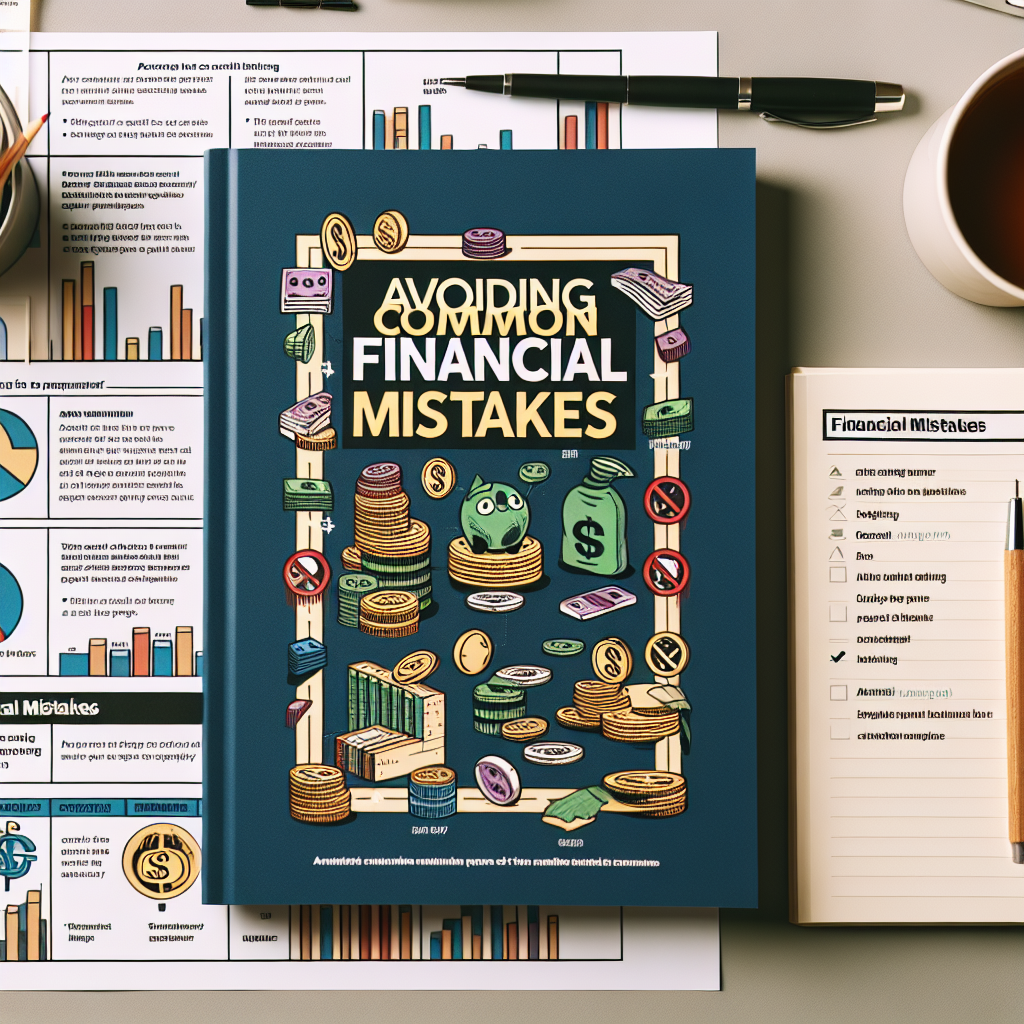
The world of finance is experiencing a paradigm shift. As climate change continues to pose one of the most pressing global challenges, there has been an increasing demand for financial services and products that align with sustainability. This demand has given rise to a burgeoning sector known as Green Fintech. These climate-conscious startups are disrupting the financial space by integrating advanced technologies like carbon-tracking tools, blockchain, and Environmental, Social, and Governance (ESG) metrics to offer sustainable investment solutions.
In this article, we’ll explore the evolution of Green Fintech, its current impact, and how it’s setting the stage for the future of sustainable investing.
What is Green Fintech?
Green Fintech refers to financial technologies and innovations aimed at promoting sustainability and environmental responsibility within the financial sector. It combines traditional financial practices with the latest technological advances to help individuals, businesses, and institutions make decisions that are not only profitable but also environmentally conscious. This trend is fueled by a growing global awareness of climate change, rising consumer demand for ESG-compliant products, and government policies designed to combat environmental degradation.
Green Fintech startups often leverage tools like carbon-tracking software, blockchain for transparency, AI-powered sustainability models, and impact investing platforms to offer products that allow investors to put their money toward projects that support environmental protection and social well-being.
How Green Fintech is Changing Sustainable Investing
Sustainable investing, which was once a niche market, has now gained widespread traction. Green Fintech is at the heart of this transformation, providing investors with the tools they need to make informed decisions based on sustainability metrics. Here are some of the key ways Green Fintech is transforming sustainable investing:
1. Carbon-Tracking Tools for Transparent Investment Decisions
One of the most significant challenges for investors in sustainable portfolios has been understanding the carbon footprint of their investments. Traditional financial metrics fail to capture this crucial aspect of sustainability. Enter carbon-tracking tools.
Green Fintech startups are developing advanced software that allows investors to track the carbon emissions associated with their investments in real time. These tools provide transparency, ensuring that investors can assess the environmental impact of their portfolios. For example, platforms like Carbon Analytics and Sustainalytics are making it easier for asset managers and individual investors to monitor the environmental consequences of their investments.
These tools also help businesses better understand their carbon footprint, allowing them to make adjustments that align with international sustainability standards, such as those outlined in the Paris Agreement. This growing demand for transparency has led to the rise of green bonds and eco-friendly mutual funds, where the proceeds are used to finance environmentally beneficial projects.
2. Blockchain for Transparency and Accountability
Blockchain technology is being leveraged in Green Fintech to enhance transparency and accountability. Blockchain’s decentralized ledger system ensures that data related to investments, carbon emissions, and ESG factors are immutable and publicly accessible.
This creates a level of trust in the marketplace, particularly in areas where transparency is crucial—such as carbon offsets, renewable energy investments, and green bond issuance. Green Fintech startups use blockchain to track and verify the sustainability credentials of investments, ensuring that what is promised is actually delivered.
For instance, Energy Web Foundation, a blockchain-based platform, allows for the seamless tracking of renewable energy transactions, providing investors with a more trustworthy and verifiable investment process. Blockchain can also enhance ESG reporting, making it easier for businesses to report their sustainability initiatives in a transparent and standardized way.
3. AI-Powered ESG Analytics
Artificial Intelligence (AI) is playing a significant role in helping investors evaluate the ESG performance of companies. AI algorithms analyze vast amounts of data from financial statements, company reports, social media, and other sources to assess how well a company aligns with sustainability goals.
For example, AI tools can analyze a company’s supply chain for ethical sourcing, track its waste management policies, and assess its carbon footprint. This makes it easier for investors to identify companies that meet specific sustainability criteria.
Several Green Fintech startups are already using AI to offer tailored ESG investment advice and to build impact investment portfolios that not only generate financial returns but also contribute to positive social and environmental outcomes. Climetrics and TruValue Labs are leading examples of companies that are using AI to provide ESG scores based on real-time data, allowing investors to make more informed decisions.
4. Green Bonds and Impact Investing Platforms
Another important trend within Green Fintech is the rise of green bonds and impact investing platforms. Green bonds are debt securities issued to raise capital for projects that have a positive environmental impact, such as renewable energy or sustainable agriculture.
Platforms like Green Bond Market and Ethical Investment Advisory are helping both retail and institutional investors discover and invest in green bonds. These platforms offer tools for assessing the environmental and social impact of investments and allow users to tailor their portfolios according to specific sustainability goals.
Impact investing, a concept that focuses on generating positive social and environmental outcomes alongside financial returns, is becoming increasingly popular. Startups in the Green Fintech space are developing digital platforms that facilitate impact investing, offering users the opportunity to invest in sectors like clean energy, education, and healthcare with a focus on measurable positive outcomes.
The Benefits of Green Fintech
The rise of Green Fintech offers a multitude of benefits for investors, businesses, and society at large:
- Increased Transparency: With tools that track carbon emissions and ESG performance, Green Fintech provides more transparency around the impact of investments.
- Better Risk Management: By focusing on sustainable investments, Green Fintech helps mitigate long-term risks associated with environmental degradation, regulatory changes, and climate-related events.
- Enhanced Financial Returns: Research has shown that ESG-focused investments often perform as well or better than traditional investments, particularly in industries that are well-positioned for long-term sustainability.
- Access to New Investment Opportunities: Green Fintech is opening up new markets and investment opportunities, especially for younger, more environmentally conscious investors who are eager to support businesses and projects with a clear positive impact.

The Future of Green Fintech
As we move toward a more sustainable future, the role of Green Fintech is expected to grow. Innovations in AI, blockchain, and carbon tracking will continue to drive the sector forward, making it easier for investors to align their portfolios with their sustainability values.
The financial industry is beginning to recognize the value of incorporating sustainability into decision-making, and Green Fintech offers the tools to make that transition a reality. As more investors demand responsible investing options, Green Fintech startups will be at the forefront of this revolution, shaping the future of finance.
Conclusion
Green Fintech is more than just a trend—it’s a fundamental shift in how we approach financial decision-making in the face of global environmental challenges. With the rise of carbon-tracking tools, blockchain transparency, AI-driven ESG analysis, and impact investing platforms, sustainable investing is becoming more accessible and effective than ever before. As this sector continues to evolve, it holds the potential to revolutionize the financial landscape, offering opportunities for investors to do well while doing good for the planet.




